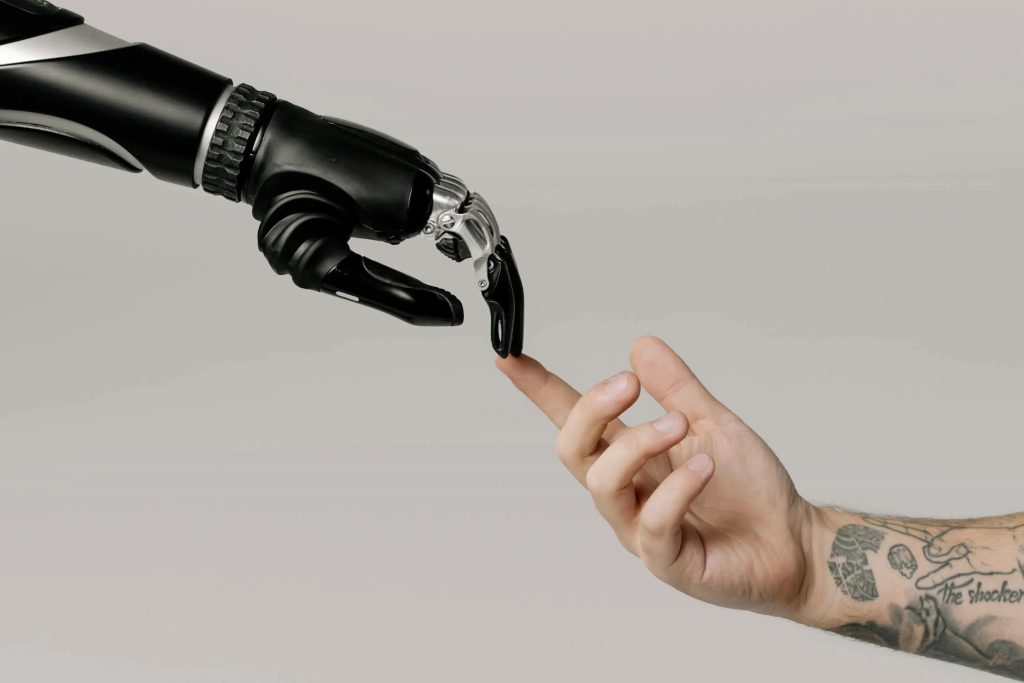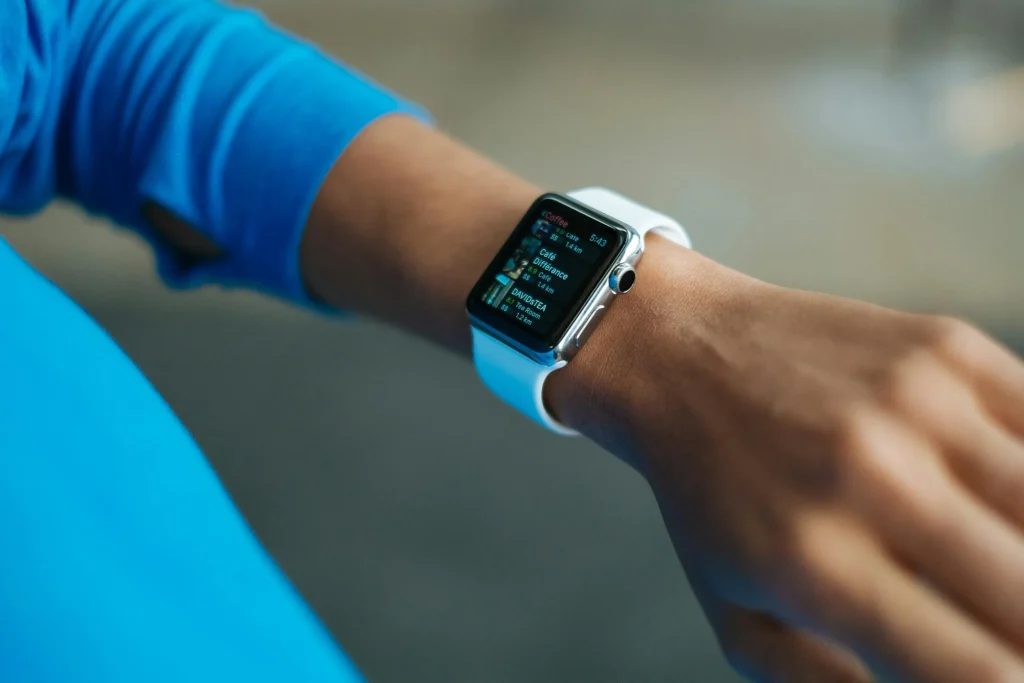AI is everywhere! When thinking about artificial intelligence (AI), our minds used to jump toward futuristic robots, which we used to see mainly in dystopian sci-fi movies. The truth about AI is much more grounded and closer to home. It is all about using technology to perform a variety of tasks to make our lives easier. Knowingly or unknowingly, AI is already a part of our day-to-day life. In fact, some of the AI aspects of technology have been integrated so well into our lives that we no longer notice them.
You can wake up to the sound of your coffee maker, set to already brewing your perfect cup of coffee. You can have your favorite music or podcasts playing in the background as you get ready for the day. Your car has a navigation system to take you to work safely in the quickest route while your personal AI assistant tells you the plans for the day. All these simple yet meaningful things may have seemed futuristic a while ago, but they have seamlessly made their way into our daily lives.
In this article, let’s have a look at the many ways that Artificial Intelligence and its applications have already been integrated into our daily lives in transformative ways.

Table of Contents
AI as a Productivity Tool
Increasing productivity of both the professional and personal lives of people was one of the most popular use cases of AI, when it started becoming more mainstream. Nowadays there are a large variety of professionals across different industries using AI as a way to improve their productivity.
There are many productivity tools that use AI-driven technology such as project management software and automated customer service systems. Many such tools skillfully handle repetitive tasks that free up time and reduce human errors that could occur in such situations.
Here are several ways AI can effectively serve as a productivity tool, transforming our lives.
- Time Management
There are advanced task managers and applications that use AI to help users prioritize their tasks according to their importance and deadlines. They learn the behavioral patterns of the user over time, helping them make more accurate time management decisions.
- Automating Tasks
Many repetitive tasks that occur daily such as filtering communication and data entry can be automated using AI.
- Content Creation
The predictive text, generative dialogue, and grammar capabilities of AI make it easier for content creators to improve their processes and make the overall creative process more efficient.
- Data Analysis
One of the most important capabilities of AI is its ability to process and analyze large quantities of data, which can take a much longer time if done manually.
- Scheduling
There are many AI-powered tools that help make scheduling and other similar tasks easier and over time they improve their capability to suggest more optimal times for tasks after learning recurring patterns of the user.

AI as an Entertainment Tool
Early developments of AI largely focused on entertainment-related applications since people tend to spend more on tools that provide entertainment value. If you have ever wondered how well your streaming services seem to know your music taste, it is because of how well AI technology has been integrated into entertainment. Almost all the platforms that you use to consume various types of entertainment gather data about your user behaviors and habits to create unique profiles of your tastes and preferences.
Here are a few more ways AI is changing entertainment consumption as we know it.
- Personalized Content
Due to how efficiently AI-powered services are able to analyze trends and preferences, more and more entertainment platforms are moving towards creating personalized content and experiences for their users.
- Virtual Reality
The advancements in virtual reality, especially when powered by AI, are already blurring the lines between imagination and reality, adding a whole new depth to entertainment. The combination of virtual reality and AI has completely revolutionized the way people can experience and engage with virtual worlds.
- Augmented Reality
AI-driven applications of augmented reality have beautifully blended the physical or real-world settings with the digital world. Many innovative AI-powered AR applications are highly accessible now with smartphones and wearable technology meant specifically for that purpose such as smart glasses.
AI as a Health and Wellness Tool

One of the most significantly important areas of daily life impacted by AI-driven technologies is everyday healthcare and wellness. There is a wide scope of healthcare including personal wellness, mental health, fitness, and the overall day-to-day wellbeing of a person that is currently being powered by AI tools. Wearable fitness trackers that are being widely used nowadays make it easier to collect and monitor vitals which help AI tools to analyze and detect signs and irregularities when they occur.
Here are a few important AI applications related to health and wellness;
- Personalized Fitness Insights and Plans
After observing the fitness habits and behaviors of a person and monitoring their health vitals, AI tools can create fitness plans fully personalized to a person. They can also help measure and track progress and make suggestions for improvement when needed.
- Personal Health Assistant
AI can also work as a virtual health assistant who monitors a person’s vitals and provides general healthcare advice when necessary.
- Mental Health Support
The lack of community and connection around a person can often lead to issues in their mental health. There are AI tools and applications designed to fill that gap to an extent, offering practices such as mindfulness in daily life, recommending and helping carry out cognitive behavioral therapy practices, and even chats that mimic real conversations to help improve the emotional well-being of a person.
AI is no longer the future—it is already among us, transforming our daily lives in many ways. It is improving our productivity, helping us be better at work, improving the way we communicate, adding more joy and innovation to the ways we entertain ourselves, and helping us become healthier and happier. The future, of course, holds numerous possibilities to expand the role of AI in our day-to-day lives, offering many exciting opportunities for a better and more innovative world around us.